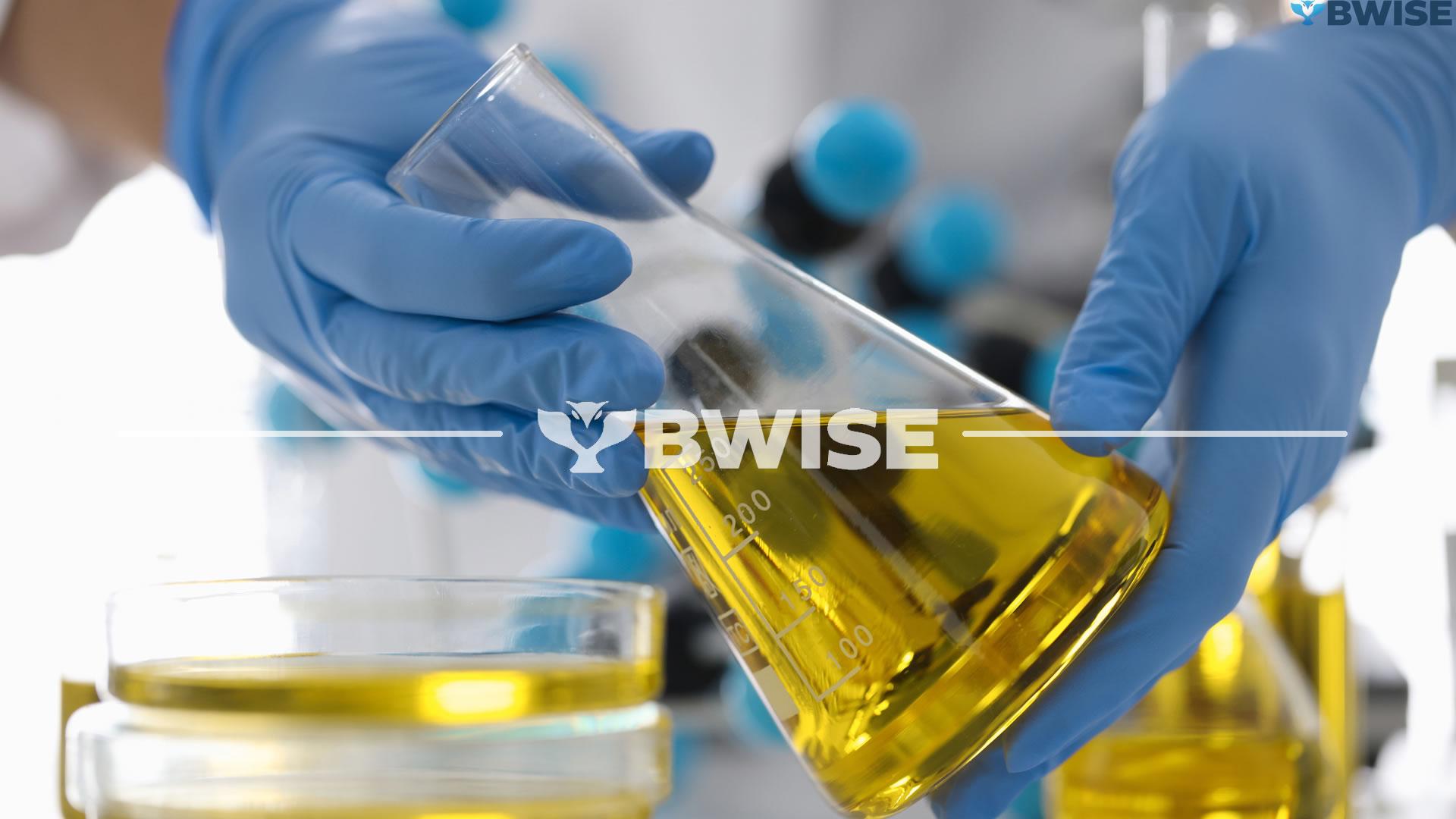The chemical manufacturing industry operates in a highly competitive landscape. In this environment, success hinges on streamlining processes and maximizing efficiency at every turn. Consequently, this is precisely where chemical manufacturing software steps in as a game-changer. These specialized software solutions are meticulously designed to address the industry’s unique challenges. Moreover, they provide a comprehensive suite of tools that meticulously optimize various aspects of production, from the initial stages of formulation to the final delivery of high-quality products.
Chemical manufacturing processes are inherently complex. Typically, they involve intricate formulas, many ingredients, and precise reaction conditions. Even minor deviations can significantly impact product quality and consistency. Furthermore, chemical manufacturing software tackles these complexities head-on by offering features that cater to the industry’s specific needs.

Chemical manufacturing features:
- Advanced Formula Management: Chemical software goes beyond simply storing recipes. It offers advanced tools for managing complex formulations with multi-step processes and dependencies. This allows for meticulous version control, ensuring consistency and facilitating the incorporation of changes with greater ease.
- Real-Time Data Acquisition and Monitoring: Chemical reactions are dynamic by nature, necessitating real-time access to crucial production data like temperature, pressure, and reaction rates to maintain optimal conditions and product quality. Chemical manufacturing software seamlessly integrates with sensors and control systems, providing a live view of the production process and enabling immediate adjustments needed.
- Integration with Lab Information Management Systems (LIMS): For companies invested in research and development (R&D), seamless integration with LIMS is crucial. Specifically, chemical manufacturing software facilitates this integration, enabling a smooth data flow between the lab and the production floor. Consequently, this streamlines translating successful lab formulations into commercially viable production processes.
- Batch Process Management: Chemical production often involves discrete batches with unique characteristics and quality control requirements. Chemical manufacturing software excels at managing batch processes. It allows for comprehensive lot tracking, from raw material receipt to final product shipment. This ensures traceability throughout the supply chain and simplifies product recalls if necessary.
- Advanced Reporting and Analytics: In the chemical manufacturing industry, data is paramount. Chemical manufacturing software offers powerful reporting and analytics, empowering companies to glean insights, pinpoint areas for improvement, and optimize production and resource allocation through data-driven decisions. Beyond mere tools, this software forms a holistic ecosystem, equipping chemical companies to navigate industry complexities and achieve operational excellence.
Core Functionalities of Chemical Manufacturing Software
Chemical manufacturing software goes beyond basic functionalities to offer a comprehensive suite of features that cater to the intricate needs of the industry.
Key features:
- Enterprise Resource Planning (ERP): The ERP system is the central platform for a chemical company, integrating production, procurement, sales, and inventory. It fosters collaboration and enhances data visibility. For example, a surge in customer orders can automatically notify production, enabling real-time adjustments to production plans and inventory.
- Inventory Control with Real-Time Data: Effective inventory management is crucial in chemical manufacturing. This software provides real-time data on inventory levels, covering raw materials, finished goods, and work-in-progress. It supports informed decisions on material procurement, minimizing disruptions from stockouts or overstocking. Additionally, the software tracks and manages hazardous materials, ensuring compliance with safety and environmental standards.
- Comprehensive Lot Tracking and Traceability: Maintaining detailed batch records is crucial for quality control and compliance. Chemical manufacturing software enables comprehensive lot tracking, tracing raw materials from receipt to final shipment. In case of a quality issue, lot tracking allows quick identification of all affected products, facilitating targeted recalls and minimizing market impact.
- Production Scheduling and Planning with Advanced Tools: Optimizing production schedules is the key to maximizing efficiency and meeting customer demands on time. Consequently, this software offers advanced tools for scheduling production runs, allocating resources effectively, and simulating different production scenarios. Imagine being able to model various production plans based on factors like available resources, machine capacity, and delivery deadlines. As a result, the software allows companies to identify the most efficient production plan.

Benefits of Implementing Chemical Manufacturing Software
By implementing chemical manufacturing software, companies can reap a multitude of benefits, including:
- Increased Efficiency: Streamlined processes and improved data visibility enhance production efficiency. Consequently, companies can produce more with fewer resources, significantly boosting their operational effectiveness.
- Improved Quality Control: Precise formula management, lot tracking, and real-time data on production parameters ensure consistent product quality and minimize the risk of defects. Additionally, these features work together to streamline operations and enhance overall efficiency.
- Enhanced Regulatory Compliance: The software facilitates adherence to safety regulations and environmental standards by managing safety data, tracking hazardous materials, and simplifying the generation of reports. Consequently, it ensures compliance and promotes a safer working environment.
- Reduced Costs: Improved inventory control, efficient production planning, and minimized waste contribute to significant cost savings for chemical companies. Consequently, these enhancements help reduce operational expenses and increase profitability.
- Improved Decision-Making: Real-time data and insightful analytics empower informed decision-making. As a result, companies can optimize production strategies and respond effectively to market fluctuations. Consequently, this enhances their ability to stay competitive and agile in a dynamic market.
Choosing the Right Chemical Manufacturing Software
With many chemical manufacturing software options available, selecting the right solution requires careful consideration. Factors to consider include the company’s size, specific needs, required functionalities, budgetary constraints, and the desired level of integration with existing systems. Consequently, chemical manufacturing software offers powerful tools to optimize production processes, enhance quality control, and ensure regulatory compliance. Therefore, chemical companies can gain a significant competitive edge in today’s demanding market by carefully evaluating their needs and selecting the right software solution.
